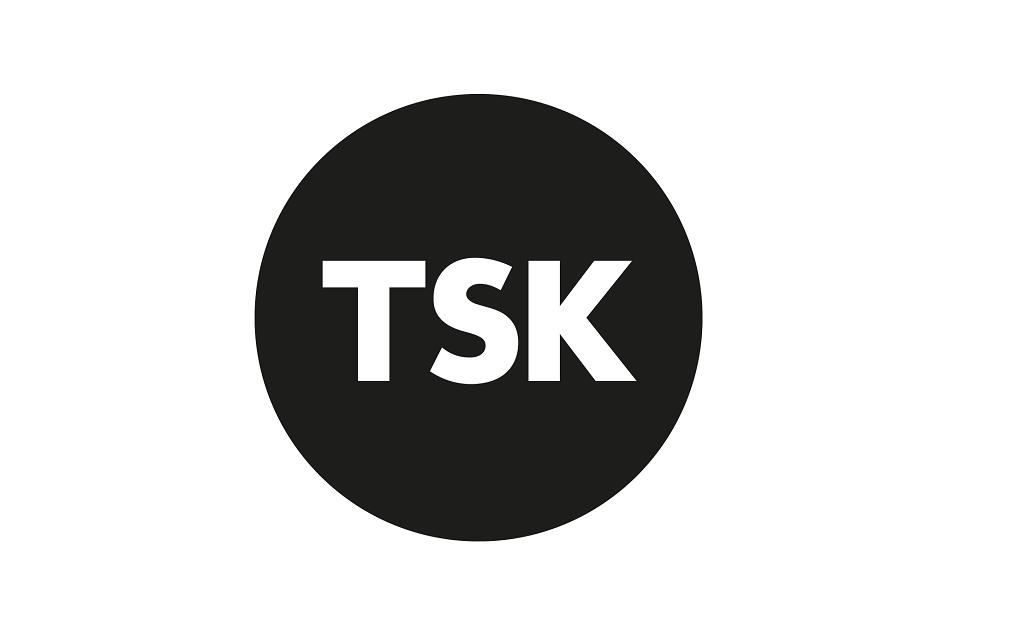Budget 2016: So it did include the business rates review after all
Here’s a quick round up from me having listened to the budget today and it contains good news at last for small businesses in England.
By raising the Small Business Rate Relief threshold from RV £6,000 to RV £15,000 on a permanent basis, George Osborne is lifting an estimated 600,000 small businesses out of the business rates regime and they will pay no business rates at all. In addition, the reliefs for business rates currently limited to RV £18,000 will be lifted to RV £51,000 and Mr Osborne calculates that this will mean a further 250,000 business will see their non-domestic rates bills cut.
This amounts to a £7bn annual saving for firms, not to mention cutting the need for appeals from small businesses in one fell swoop, saving the VOA a huge amount of work in the future.
In the Budget, the chancellor also announced that future business rates increases will be based on the consumer price index (CPI) rather than the retail price index (RPI), intended to give more accurate rates bills for retailers. This is a move that has been championed among business lobbyists over recent months and it is already been welcomed by many, despite not coming into force until 2020.
Osborne says that one in four firms will enjoy a substantial cut in their business rates bills in the future.
No further details were announced on business rates reform apart from a “promise” to cut red tape and administration burdens all round – so was this the business rates review we have all been waiting for? To be honest, I wasn’t sure so I nipped on to the Treasury website and it seems it was.
In summary, here is what the official Treasury Budget report had to say on Business Rates verbatim:
The government has concluded the business rates review and has decided to cut the burden on ratepayers in England by £6.7 billion over the next 5 years, cutting business rates for all properties and ensuring that the smallest businesses pay no rates at all, while modernising the tax to make it fit for the 21st century.
The government recognises that business rates represent a higher fixed cost for small businesses and this Budget cuts business rates from next year for half of all properties – 900,000 smaller properties – starting 1 April 2017.
The government will permanently double Small Business Rate Relief (SBRR) from 50% to 100% and increase the thresholds to benefit a greater number of businesses.
Businesses with a property with a rateable value of £12,000 and below will receive 100% relief. Businesses with a property with a rateable value between £12,000 and £15,000 will receive tapered relief. 600,000 small businesses, occupiers of a third of all properties, will pay no business rates at all – a saving worth up to £5,900 in 2017-18.
An additional 50,000 will benefit from tapered relief. Increase the threshold for the standard business rates multiplier to a rateable value of £51,000, taking 250,000 smaller properties out of the higher rate. This will reduce business rates for many small businesses – including some high street shops
From April 2020, taxes for all businesses paying rates will be cut through a switch in the annual indexation of business rates from RPI to be consistent with the main measure of inflation, currently CPI, in line with the government’s previous commitment to consider moving the indexation of indirect taxes from RPI once fiscal consolidation is complete. This represents a business rates cut every year from 2020. In 2020-21 alone it is worth £370 million to businesses and the benefit will grow significantly thereafter.
The government will also modernise the administration of business rates to revalue properties more frequently and make it easier for businesses to pay the taxes that are due: the government will aim to introduce more frequent business rate revaluations (at least every 3 years) and will publish a discussion paper in March 2016 outlining options on how to achieve this to support both businesses and the stability of local authority funding
The government will transform business rates billing and collection. By 2022, local authority business rate systems will be linked to HMRC digital tax accounts so that businesses can manage their rates bills in one place alongside other taxes. As a first step, the government will work with local authorities across England to standardise business rate bills and ensure ratepayers have the option to receive and pay bills online by April 2017
Once local authority and HMRC systems are linked, the government will consider the feasibility of replacing SBRR with a business rates allowance for small businesses – this would be applied to a business’s total property portfolio across local authority areas allowing businesses that grow and acquire more property to benefit from relief.
Selected industry experts bring you insight and expert advice, across a range of sectors.
Subscribe for free to receive our fortnightly round-up of property tips and expertise
Selected industry experts bring you insight and expert advice, across a range of sectors.
Subscribe for free to receive our fortnightly round-up of property tips and expertise





